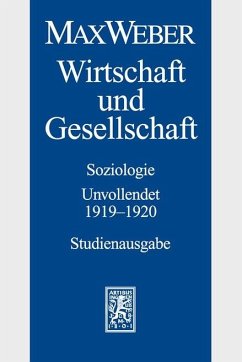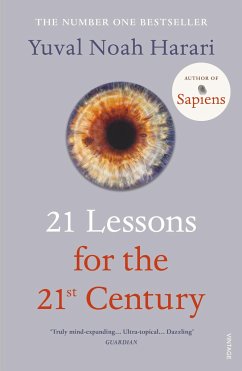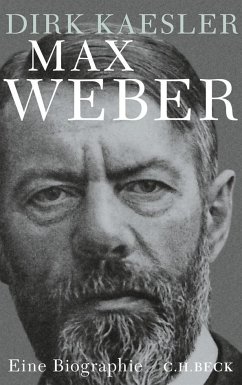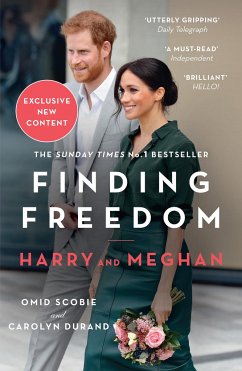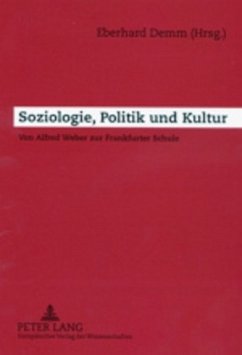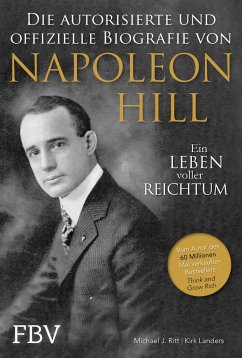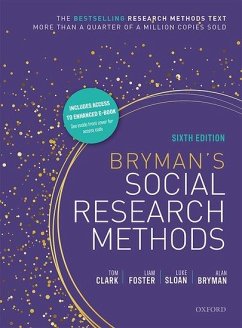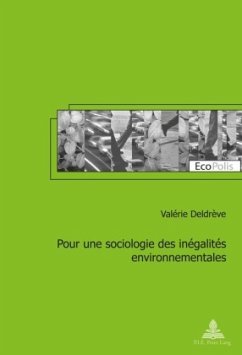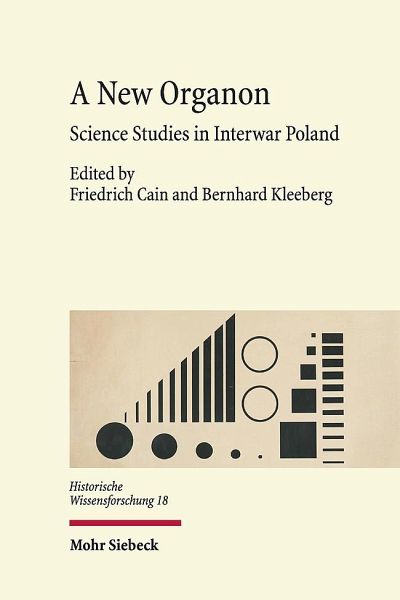
A New Organon
Science Studies in Interwar Poland
Herausgegeben: Cain, Friedrich; Kleeberg, Bernhard

PAYBACK Punkte
0 °P sammeln!
Als Polen 1918 die Unabhängigkeit erlangte, wurde das Wissen darüber, wie Staat und Gesellschaft zu organisieren seien, besonders wichtig. Bis 1939 trafen sich VertreterInnen unterschiedlicher Disziplinen (Soziologie, Philosophie, Pädagogik und der Naturwissenschaften) rund um die Zeitschrift Nauka Polska und die Arbeitsgruppe Wissenschaftswissenschaftlicher Kreis (Kolo Naukoznawcze), um die Entwicklung der Wissenschaft und des akademischen Systems zu diskutieren. Unter anderem fragten sie nach dem Wirken wissenschaftlicher Kreativität und Möglichkeiten ihrer Steuerung (Antoni B. Dobrowol...
Als Polen 1918 die Unabhängigkeit erlangte, wurde das Wissen darüber, wie Staat und Gesellschaft zu organisieren seien, besonders wichtig. Bis 1939 trafen sich VertreterInnen unterschiedlicher Disziplinen (Soziologie, Philosophie, Pädagogik und der Naturwissenschaften) rund um die Zeitschrift Nauka Polska und die Arbeitsgruppe Wissenschaftswissenschaftlicher Kreis (Kolo Naukoznawcze), um die Entwicklung der Wissenschaft und des akademischen Systems zu diskutieren. Unter anderem fragten sie nach dem Wirken wissenschaftlicher Kreativität und Möglichkeiten ihrer Steuerung (Antoni B. Dobrowolski), wie eine sozialpsychologische "Wissenschaft vom Wissen" auszusehen hätte (Florian Znaniecki) oder wie die Gesellschaft von einer "Wissenschaft der Wissenschaft" profitieren würde (Maria Ossowska und Stanislaw Ossowski). Im Gegensatz zu ähnlichen zeitgenössischen Ansätzen aus dem ostmitteleuropäischen Kontext, etwa denen Ludwik Flecks, sind diese Arbeiten heute meist kaum bekannt. Der Band rekonstruiert die vergessene Geschichte dieser Warschauer Wissenschaftsforschung und präsentiert erstmals zentrale Beiträge in englischer Übersetzung.




